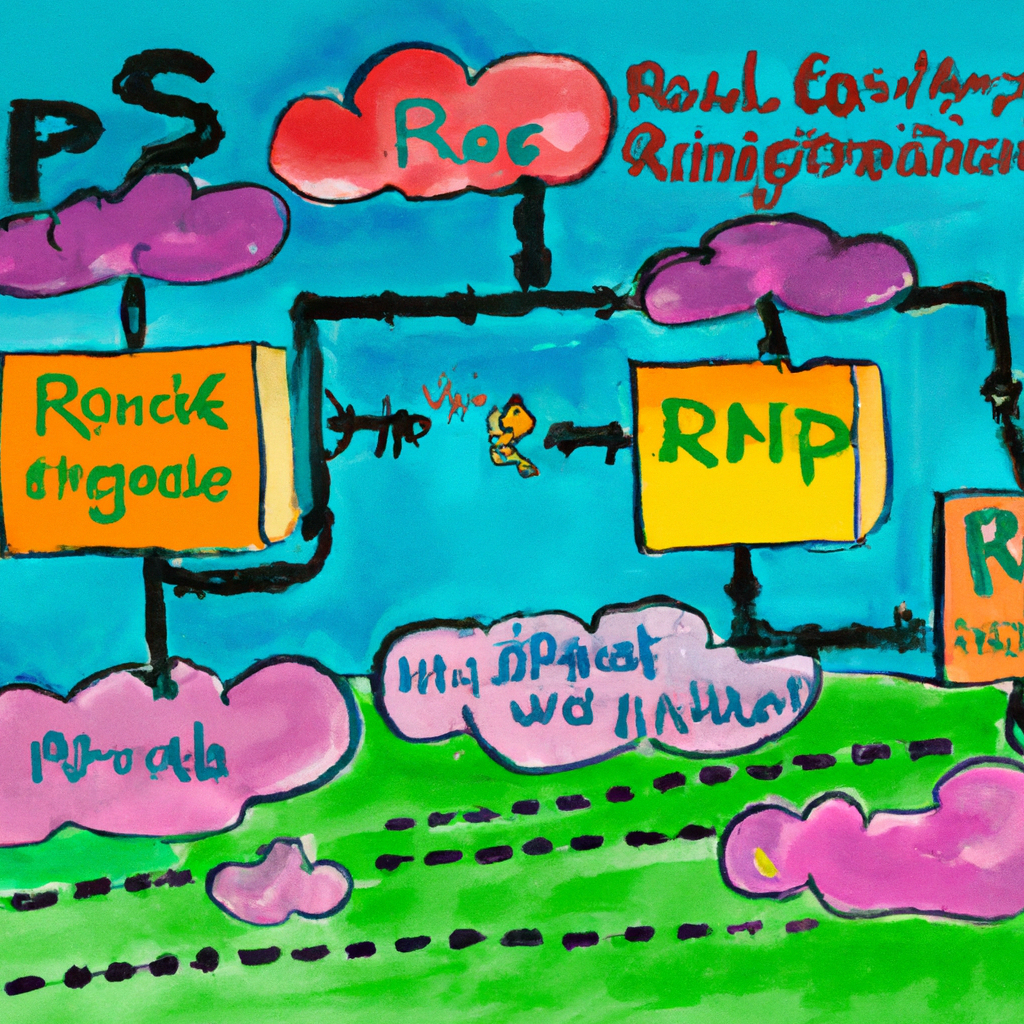Efficient management of the supply chain is crucial for any enterprise’s success. One tool that has revolutionized supply chain management (SCM) is the Enterprise Resource Planning (ERP) system. This blog post aims to shed light on the significant role that ERP systems play in SCM.
ERP systems are integrated software applications that streamline and automate business processes, thereby enhancing operational efficiency. They provide a centralized platform for managing various business operations, including finance, human resources, sales, and most importantly, supply chain management.
How does an ERP system contribute to SCM?
Let’s delve into the specifics.
1. Improved Inventory Management: ERP systems provide real-time data about the inventory, including details about raw materials, work-in-progress, and finished goods. This information helps businesses to maintain optimal inventory levels, reducing the risk of stock-outs or overstocking, which can significantly impact profitability.
2. Enhanced Demand Forecasting: ERP systems can analyze historical sales data and market trends, enabling businesses to forecast demand accurately. Accurate demand forecasting is crucial for planning production schedules, managing inventory, and reducing costs.
3. Streamlined Procurement Process: ERP systems automate the procurement process, from raising purchase orders to receiving goods. This automation reduces manual errors, speeds up the procurement process, and improves relationships with suppliers.
4. Real-time Visibility: ERP systems provide real-time visibility into the entire supply chain, from sourcing raw materials to delivering finished goods to customers. This visibility helps businesses to identify bottlenecks, make informed decisions, and improve overall supply chain efficiency.
5. Enhanced Collaboration: ERP systems facilitate better collaboration between different departments and stakeholders involved in the supply chain. By providing a centralized platform for sharing information, ERP systems ensure that all stakeholders are on the same page, reducing misunderstandings and improving coordination.
6. Compliance Management: ERP systems help businesses comply with various regulatory requirements related to the supply chain. They can track and document compliance-related information, making it easier for businesses to pass audits and avoid penalties.
7. Improved Customer Service: By streamlining the supply chain, ERP systems can improve delivery times and product availability, leading to enhanced customer satisfaction. They can also provide valuable insights into customer behavior, helping businesses to meet customer expectations better.
ERP Systems and Supply Chain Management
ERP systems play a pivotal role in supply chain management. They not only streamline and automate various SCM processes but also provide valuable insights that can help businesses make informed decisions. By adopting an ERP system, businesses can enhance their supply chain efficiency, reduce costs, improve customer service, and ultimately, gain a competitive edge in the market.
However, implementing an ERP system is a significant investment, both in terms of time and money. Therefore, businesses should carefully evaluate their needs and choose an ERP system that best fits their requirements. With the right ERP system, businesses can transform their supply chain management and achieve sustainable growth.

